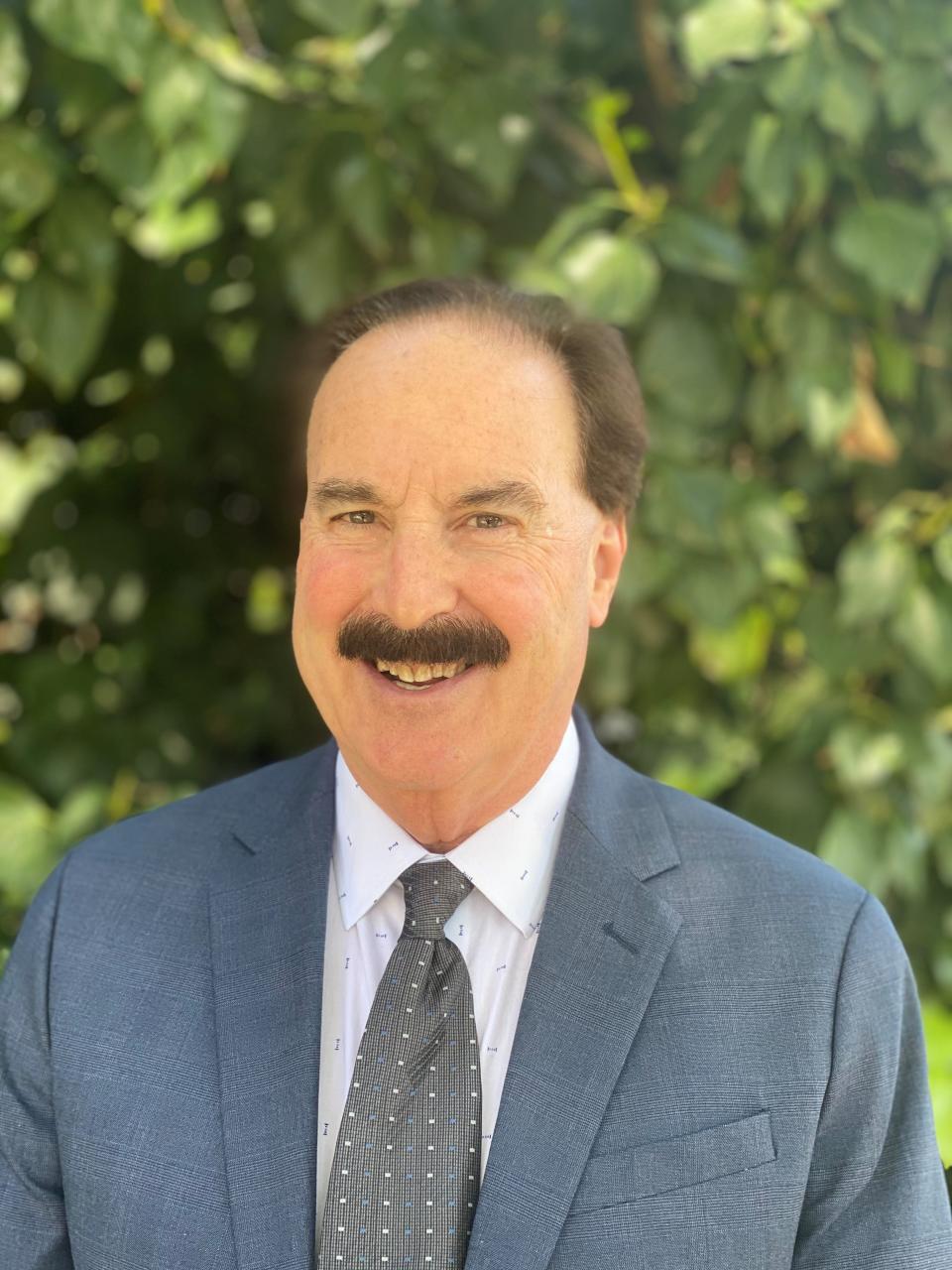Wayne State University's $6M grant to help turn Detroit into epicenter for Black studies
As our region looks to diversify and have a thriving workforce, Wayne State University hopes to do its part by creating more well-rounded, educated young professionals.
How? The university, located in the heart of the Motor City with a population that is over 80% African American, will launch the Detroit Center for Black Studies and plans to hire 30 faculty in the humanities with funding from a $6 million grant it received in December from the Andrew W. Mellon Foundation.
WSU President M. Roy Wilson said the center, supported by the Mellon grant, will have a "major impact" on key work of Wayne State: research, teaching, community engagement and student success.
“We are committed to building a much more inclusive public research university that better reflects and serves our city, state and nation," he said. "Ultimately, we believe that these hires and the curricula and community ties they develop will help us continue to increase success rates across our entire student population.”

The Mellon Foundation began in New York City in 1969 with a heavy focus on the arts and humanities. Since then, the foundation has given 227 grants to Michigan colleges and organizations totaling $132 million.
Phillip Brian Harper, program director for Higher Learning at the foundation, said: “What Wayne State will achieve with this grant aligns perfectly with the goals of the Andrew W. Mellon Foundation."
More:Detroit visitors bureau chief: City needs more hotels to land Olympics
WSU, with nearly 24,000 students each year, remains one of the largest universities in an urban city in America. WSU has an African American Studies program, and the new Detroit Center for Black Studies is intended to support it. Overall, the university offers 350 academic programs through 13 schools and colleges.
WSU Provost Mark Kornbluh, who has been involved, along with others, in pursuing the Mellon Foundation grant for a few years, said: “We are grateful that the Mellon Foundation recognizes Wayne State’s efforts to transform Black Studies at the university with this impactful support.”

I talked with Kornbluh to hear more about this latest effort. His answers have been edited for length.
QUESTION: Why is it important to have an African Studies program and the new Detroit Center for Black Studies?
ANSWER: We really need to learn from history and understand — as race and racism divide not only our country but countries throughout the world — that our curriculum needs to reflect this and reflect current scholarship. One of the things that we decided to do at Wayne State is to put equity and inclusion at the forefront of all we do in our research agenda, our curriculum and our public programming. So, we believe our history and everything that we’ve been doing in that sphere makes us an ideal institution for this Mellon Foundation grant.
Q: How long did you pursue adding it?
A: We started cultivating a relationship with Mellon some years ago. We are very fortunate that the Mellon Foundation recognized this commitment and is going to support this really ambitious program with the Detroit Center for Black Studies, as well as recruiting all of these Black studies faculty, so Wayne State, and Detroit, become the epicenter for Black studies.
We care deeply about issues of equity and inclusion. Over the last couple of years, we’ve really looked at social justice in a systemic sense throughout the university to see what we could do better in terms of social justice, in terms of increasing diversity, and in terms of really being a more inclusive society. Certainly, one specific goal for the Detroit Center for Black Studies is to deepen community engagement in collaboration with faculty from all the universities in southeastern Michigan, including Michigan State, the three universities in the University of Michigan system, Oakland University and local community colleges.
Q: What’s the timeline on the rollout?
A: We’re going to start the recruitment process right away. But this is a project that we think will take four to five years before we have everything set up the way we want it. We want to give time for the first scholars that we hire to have input on subsequent hires.
Q: How will you go about hiring people?
A: We will recruit 30 scholars — full-time faculty members who are interested in studying Black culture, African American history, anything related to the African diaspora. It will be 30 faculty in different stages of development. There will be 10 tenured faculty, 10 will be tenure-tracked and a third group who just finished their postdoctoral training and are in the early stages of their careers.
Q: So how will the Detroit Center for Black Studies operate?
A: It will be a faculty-led, multidisciplinary center that connects Black studies faculty from across the state of Michigan. The goal is an inclusive center that brings together scholars who work in African American, African and African diaspora studies and the interconnections with the U.S. and global histories, culture, legal, economic and health systems so that it will be a partnership with other universities and institutions in Michigan that have Black studies and work in a multidisciplinary way.
I also think it’s important that it’s centered here in Detroit because Detroit does have an 80% African American population. We’re also here in Detroit where we have been for 155 years. We have a history of promoting diversity. So, marrying our social justice values with the funding allows us to scale this in a way that we would not have been able to without the funding. It’s unprecedented.
Contact Carol Cain: 248-355-7126 or clcain@cbs.com. She is senior producer/host of “Michigan Matters,” which airs 8 a.m. Sundays on CBS 62. See: Bruce Nicely, Cesante Ward, Oakland University Dean of Education Jon Margerum-Leys and Rachel Kuntzsch on this Sunday’s show.
This article originally appeared on Detroit Free Press: $6M grant to help WSU make Detroit epicenter for Black studies
